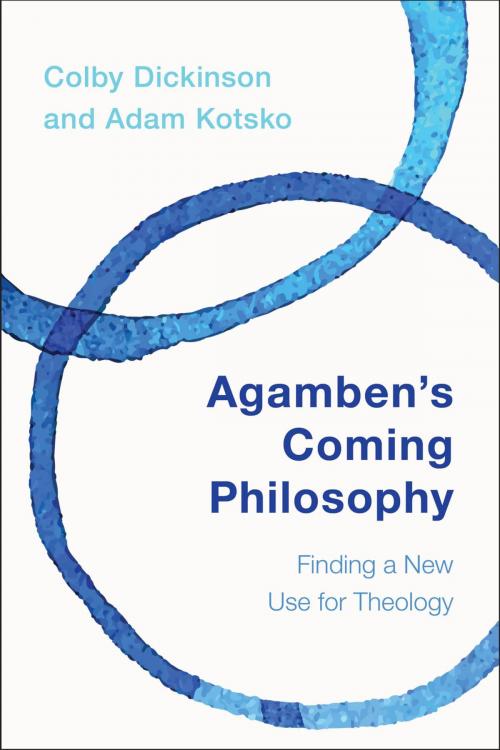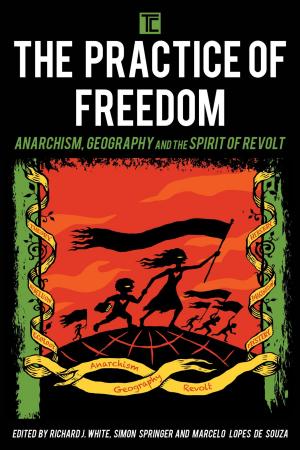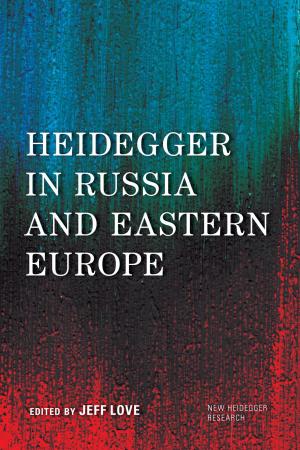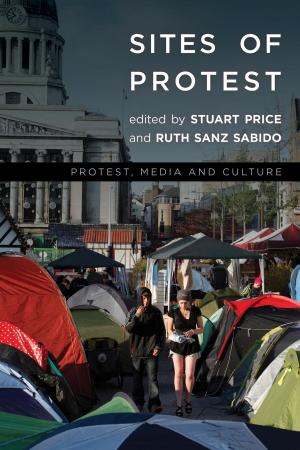Agamben's Coming Philosophy
Finding a New Use for Theology
Nonfiction, Religion & Spirituality, Philosophy, Religious, Political| Author: | Colby Dickinson, Adam Kotsko | ISBN: | 9781783484034 |
| Publisher: | Rowman & Littlefield International | Publication: | May 21, 2015 |
| Imprint: | Rowman & Littlefield International | Language: | English |
| Author: | Colby Dickinson, Adam Kotsko |
| ISBN: | 9781783484034 |
| Publisher: | Rowman & Littlefield International |
| Publication: | May 21, 2015 |
| Imprint: | Rowman & Littlefield International |
| Language: | English |
One of the many challenges for readers of Agamben’s sprawling and heterogeneous body of work is what to make of his increasingly insistent focus on theology. Agamben’s Coming Philosophy brings together Colby Dickinson, the author of Agamben and Theology, and Adam Kotsko, the translator of several of Agamben’s more recent theologically-oriented books, to discuss Agamben’s unique approach to theology—and its profound implications for understanding Agamben’s philosophical project and the deepest political and ethical problems of our time.
The book covers the whole range of Agamben’s work, from his earliest reflections to his forthcoming magnum opus, The Use of Bodies. Along the way, the authors provide an overview of Agamben’s project as a whole, as well as incisive reflections on individual works and isolated themes. This volume is essential reading for anyone grappling with Agamben’s work. The theological starting point leads to a thorough examination of Agamben’s methodology, his relationship with his primary sources (most notably Walter Benjamin), and his relevance for questions of politics, ethics, and philosophy.
One of the many challenges for readers of Agamben’s sprawling and heterogeneous body of work is what to make of his increasingly insistent focus on theology. Agamben’s Coming Philosophy brings together Colby Dickinson, the author of Agamben and Theology, and Adam Kotsko, the translator of several of Agamben’s more recent theologically-oriented books, to discuss Agamben’s unique approach to theology—and its profound implications for understanding Agamben’s philosophical project and the deepest political and ethical problems of our time.
The book covers the whole range of Agamben’s work, from his earliest reflections to his forthcoming magnum opus, The Use of Bodies. Along the way, the authors provide an overview of Agamben’s project as a whole, as well as incisive reflections on individual works and isolated themes. This volume is essential reading for anyone grappling with Agamben’s work. The theological starting point leads to a thorough examination of Agamben’s methodology, his relationship with his primary sources (most notably Walter Benjamin), and his relevance for questions of politics, ethics, and philosophy.















